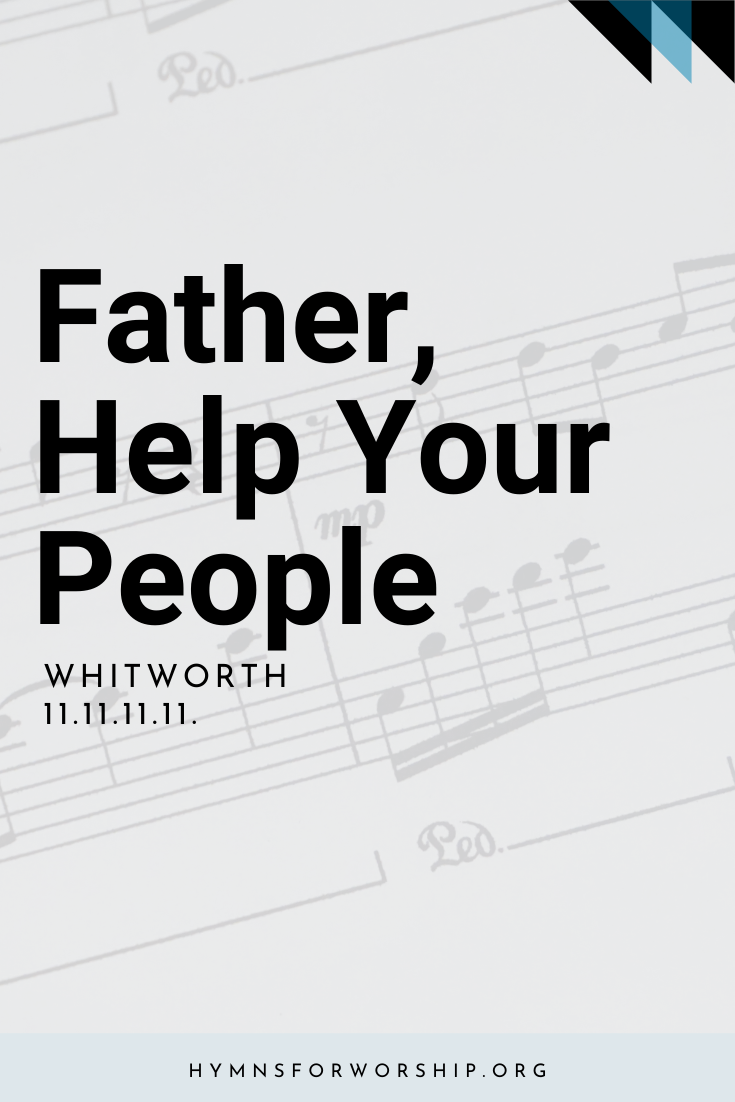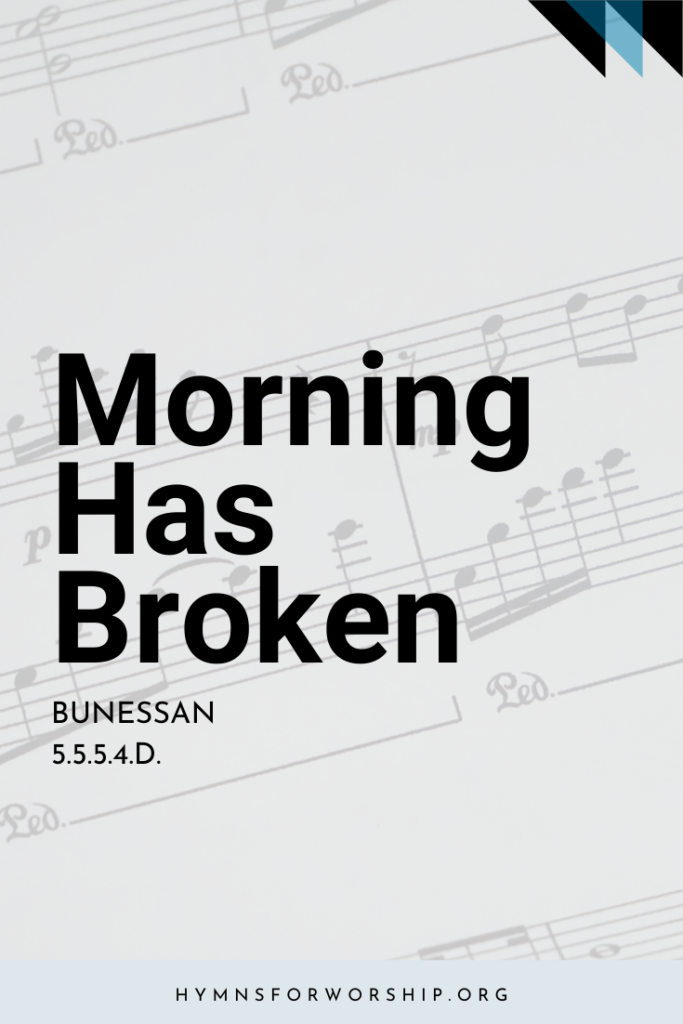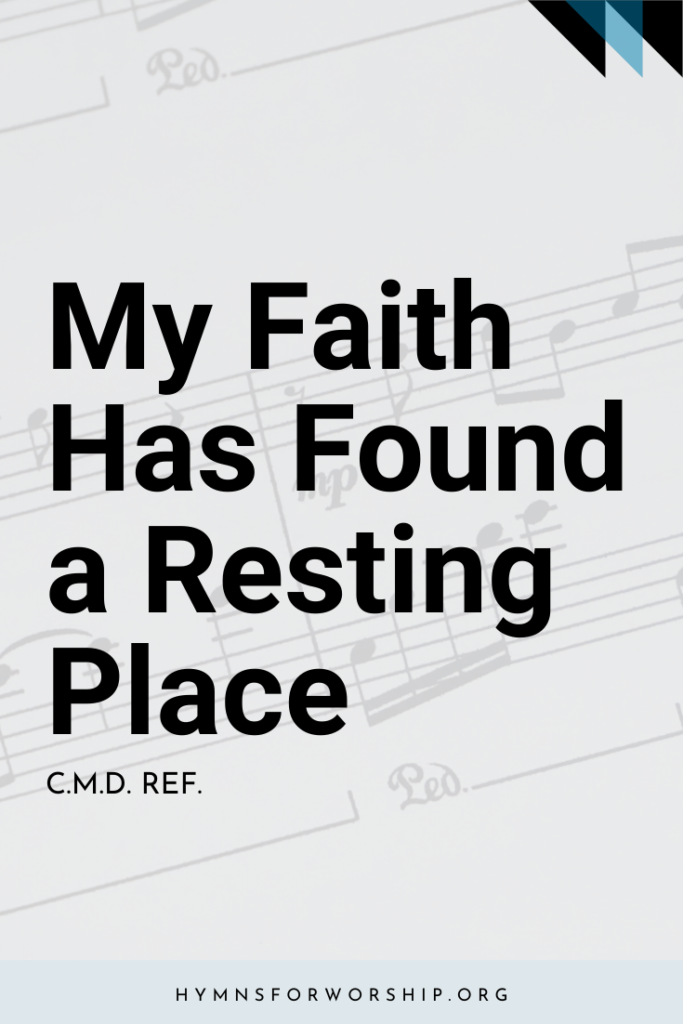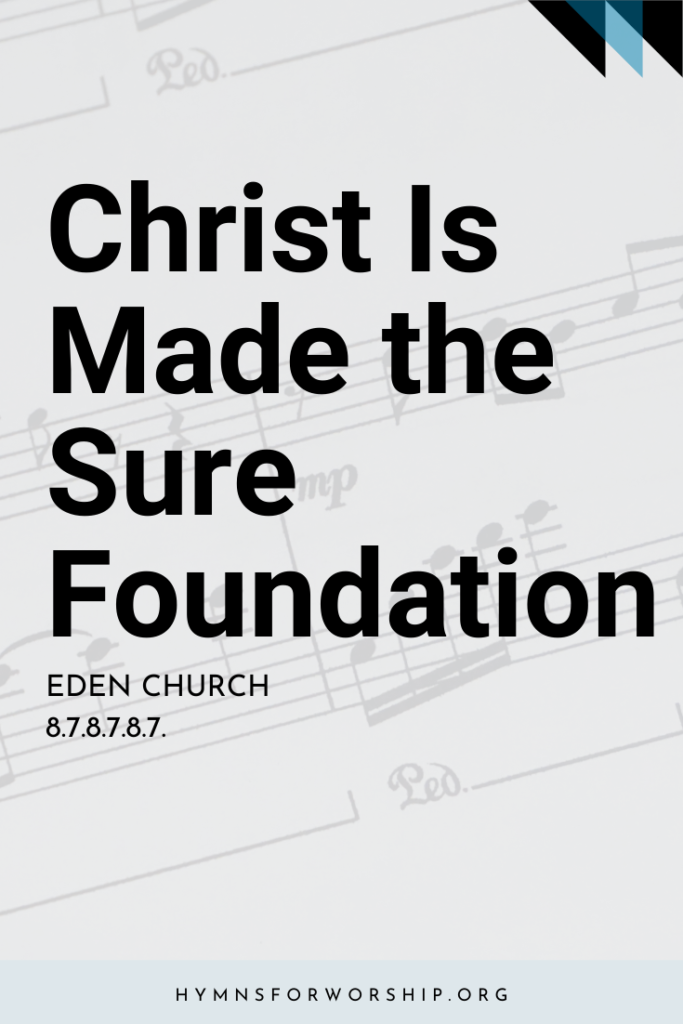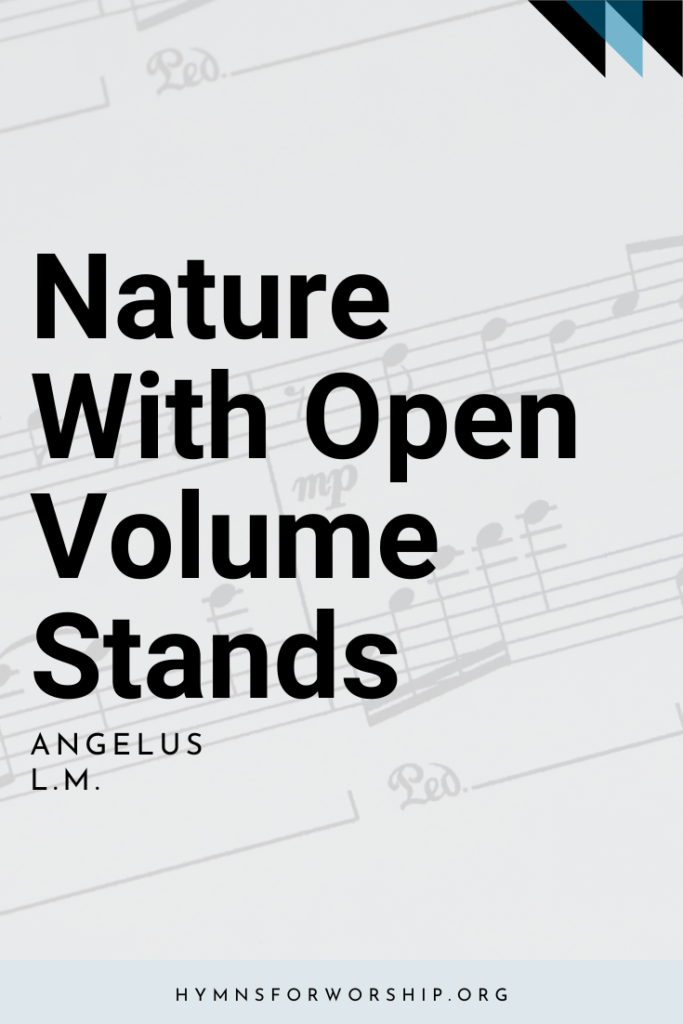CHRISTIAN CHURCH >> COMMUNITY IN CHRIST
SDAH 353
Father, help Your people in this world to build
Something of Your kingdom and to do Your will,
Lead us to discover partnership in love;
Bless our ways of sharing and our pride remove.
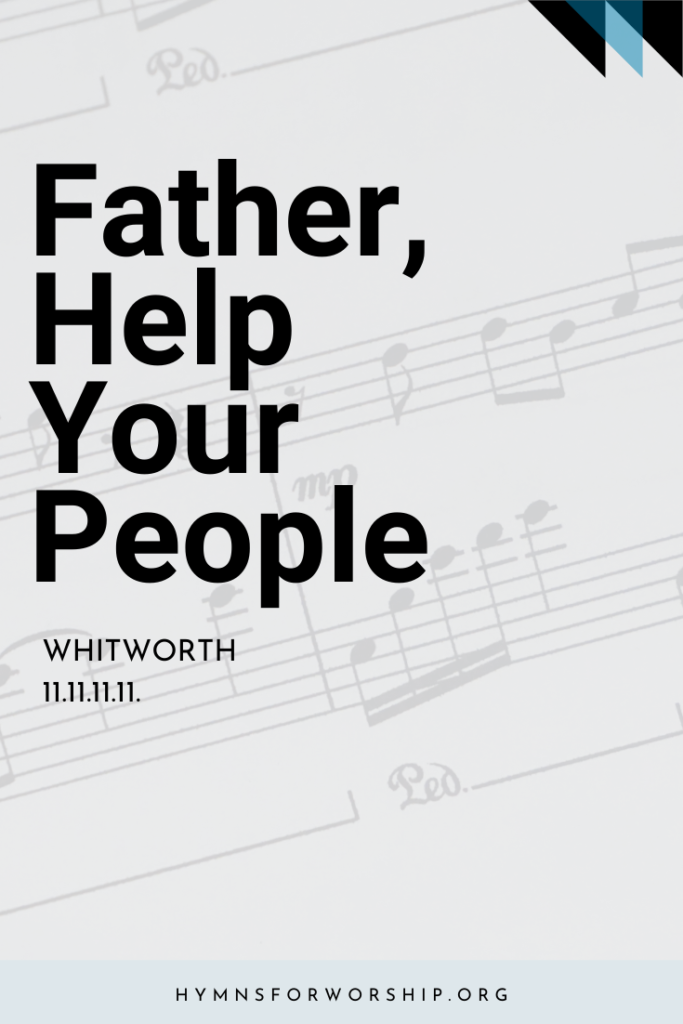

Text
1
Father, help Your people in this world to build
Something of Your kingdom and to do Your will,
Lead us to discover partnership in love;
Bless our ways of sharing and our pride remove.
2
Lord of desk and altar, bind our lives in one,
That in work and worship love may set the tone.
Give us grace to listen, clarity of speech;
Make us truly thankful for the gifts of each.
3
Holy is the setting of each room and yard,
Lecture hall and kitchen, office, shop, and ward.
Holy is the rhythm of our working hours;
Hallow then our purpose, energy, and pow’rs.
4
Strengthen, Lord, for service hand and heart and brain;
Help us good relations daily to maintain.
Let the living presence of the servant Christ
Heighten our devotion, make our life a feast.

Hymn Info
Biblical Reference
(a) 1 Cor 3:10 (b) Rom 12:10 (d) Rom 12:18
Author
Fred Kaan (1929-2009)
Year Published
1970
Performance Suggestions
Unison
Copyright
Words copyright 1972 by Hope Publishing Co., Carol Stream, IL 60188. All rights reserved. Used by permission. Music copyright 1973 by Waterloo Music Company Limited, Waterloo, Ontario, Canada. All rights reserved. Used by permission.
Hymn Tune
WHITWORTH
Metrical Number
11.11.11.11.
Composer
Walter MacNutt (1910-1996)
Year Composed
1973

Get the hymn sheet in other keys here
Notes
Get to know the hymns a little deeper with the SDA Hymnal Companion. Use our song leader’s notes to engage your congregation in singing with understanding. Even better, involve kids in learning this hymn with our homeschooling materials.
When we are aware that God knows and understands our helplessness, we will not hesitate to come to Him for help. Cast all your burdens upon Him for He cares for you. (Lesson 7, 2nd Quarter 2021 -Sunday, On Eagle’s Wings, 5/09/2021)

